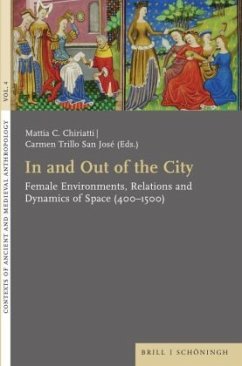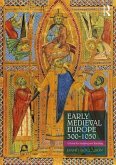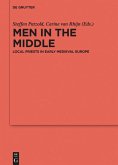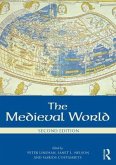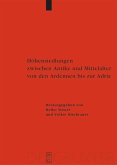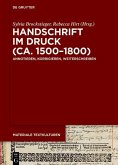New perspectives on urban and peri-urban spaces will be presented, with a particular focus on female figures as agents and leaders of these spaces, such as courts and domestic environments, monastic and economic areas. Women engaged in numerous and diverse environmental relationships where they exercised their agency: power (queens, qaids, urban and rural elites); diplomacy (Western, Byzantine and Islamic interrelations); economy (commercial activities, collective use of communal lands or water); culture and religion (artistic patronage, evergetism, female leadership in public and private settings or circumscribed to the monastic sphere). This historical and anthropological prism will therefore offer new insights on the role of women as agents in these spaces and on their leadership in the relations and the dynamics linked to this role, generating new contributions to the studies on women's history.
Bitte wählen Sie Ihr Anliegen aus.
Rechnungen
Retourenschein anfordern
Bestellstatus
Storno

